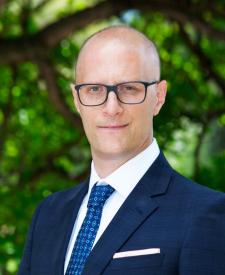IPPOG
Members
Australia

Intro
Australia has several active particle physics groups (University of Adelaide, University of Melbourne, Monash University, University of Queensland, University of New South Wales and University of Sydney).
Members of these groups contribute to several experiments such as ATLAS, Belle/Belle II, COMET, Ice Cube, LHCb along with various direct dark matter searches, and are working towards the realisation of future facilities (CEPC, EIC, FCC, ILC). There is also a vibrant theory community with members throughout the country providing input to their experimental colleagues and working on theoretical understandings and expansions of the Standard Model.
Details
JOINED: 2016
CURRENT STATUS: MEMBER
Representative

Professor Paul D. Jackson
University of Adelaide, Australia, Department of Physics
Centre of Excellence for Dark Matter Particle Physics
p.jackson@adelaide.edu.au
Paul Jackson
Paul leads the experimental particle physics group at the University of Adelaide, Australia working with the ATLAS experiment at the CERN Large Hadron Collider (LHC). Paul completed his PhD in 2004 at the University of Victoria, Canada, where he studied rare B-meson decays with the BaBar experiment at SLAC. Since then he has taken postdoctoral positions at Ohio State, Roma “La Sapienza” and SLAC working on construction of the ATLAS pixel detector, leptonic B meson decay searches and measurements of charmonium decays and most recently searches for supersymmetry with ATLAS coupled with work on the inner silicon detectors.
Since becoming the inaugural experimental particle physics faculty in Adelaide, Paul has been working on searches with the ATLAS run 1 data and studying techniques to improve upon our search strategies with the run 2 data. Paul is a senior academic in the Australian Centre of Excellence for Particle Physics at the Terascale (CoEPP) and plays a leading role in outreach nationally.
Paul is the first Australian representative to IPPOG joining in 2015.

